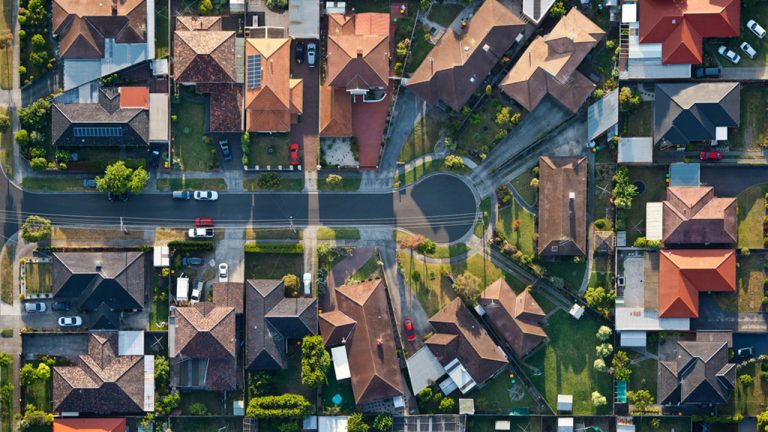Mortgage interest is the cost of borrowing money to buy a home. Typically, interest is calculated on the principal or remaining loan balance. It also favors the start of the loan. Early mortgage payments will cost you significantly more interest than principal, with the balance shifting over time. Lenders do this to maximize interest earnings.
Because most Americans only live in their homes for 5 to 7 years, lenders collect significant amounts of interest on 30-year loans. For example, a $100,000 mortgage at 6% interest would require the first payment of $599.55. That’s $500 in interest and only $99.55 in principal. Continuing to pay $599.55 every month for 30 years would result in a $215,838.00 mortgage on a $100,000 home. You can use an online calculator to calculate various loan amounts.
Mortgages are amortized. Until the loan is paid off, you are paying interest on the remaining balance. As a result, if your mortgage allows it, making extra principal payments can save you a lot of money. This is especially true for early additional payments, as mortgage interest is heavily weighted in the first years of the loan. You will often pay as much or more in interest than in principal on a typical loan, even at low-interest rates. Use an amortization calculator to figure out how much interest you’ll pay over the life of your loan. This tool will frequently show you your loan’s amortization schedule, so you can see how much of your payment goes to interest and how much to principal over time.

While it may seem unfair to pay double or more for your home than it is currently worth, you must understand that this system makes it significantly easier to enter. Before the 1930s, a loan required up to 50% of the purchase price. Today, 20% down is standard, although you may often secure a mortgage with less. Also, housing values tend to rise over time. You may be able to recoup your entire purchase price if you sell your home after 30 years.
In actuality, relatively few individuals live in their homes for that long, and if they do, they are unlikely to sell them. Remember that a house is a home, not an investment. While mortgage interest dramatically raises the cost of your property, you can reduce it over time. Paying extra on your principal reduces the amount of interest paid.
However, it is often difficult to set aside money and know exactly when and how much to pay extra. Now you can use software to help you make these decisions. These tools can analyze your finances and show you how to use your money to pay off your mortgage quickly. Using software to pay down your mortgage is more expensive, but it is easier and more efficient. It should pay for itself in savings.









